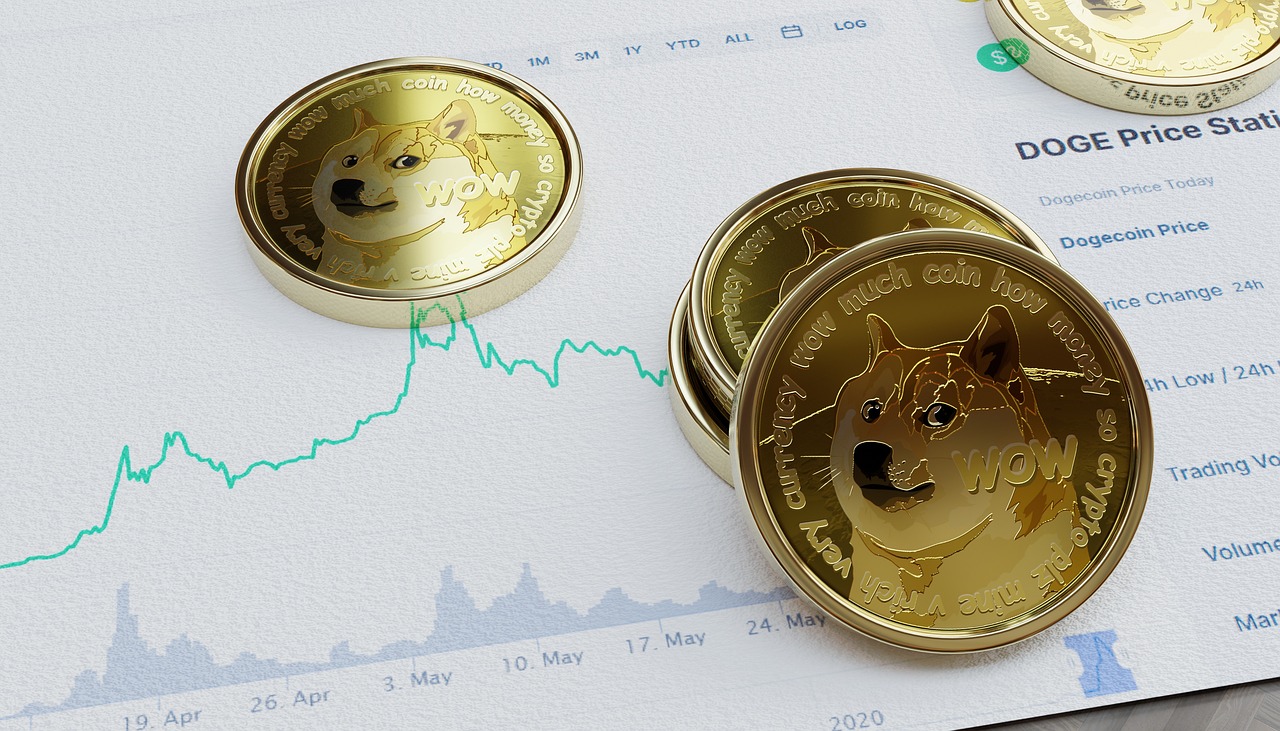Link copied
Hedge Fund Startup That Replaced Analysts With AI Beats the Market
investing ideas :: 2025-02-14 :: source - bloomberg
By Harry Brumpton and Georgina McKay

(Pexels)
(Bloomberg) -- A hedge fund startup that uses artificial intelligence to do work typically handled by analysts has outperformed the global stock market in its first six months while slashing research costs.
Most Read from Bloomberg
SpaceX Bid to Turn Texas Starbase Into City Is Set for Vote in May
Saudi Arabia’s Neom Signs $5 Billion Deal for AI Data Center
The Sydney-based firm, Minotaur Capital, was founded by Armina Rosenberg and Thomas Rice. Rosenberg previously managed a global equities portfolio for tech billionaire Mike Cannon-Brookes and ran Australian small-company research for JPMorgan Chase & Co. when she was 25. Rice is a former portfolio manager at Perpetual Ltd.
The duo’s bets on global stocks returned 13.7% in the six months ending January, versus 6.7% for the MSCI All-Country World Index. Minotaur has no analysts on staff, with Rosenberg saying AI models are far quicker and cheaper.
“We’re looking at about half the price” in terms of cost of AI versus a junior analyst salary, Rosenberg, 37, said of the firm’s program.
Minotaur is among a growing number of hedge funds experimenting with ways to improve returns and cut expenses with AI as the technology becomes increasingly sophisticated. Still, the jury is still out on the ability of AI-driven models to deliver superior returns over the long run.
The Minotaur Global Opportunities Fund has a wide mandate, scouring all globally listed equities. It charges a 1.5% management fee and a 20% performance fee on any profit. Rosenberg said she expects the fund to manage around A$50 million ($31 million) by the end of 2025.
Co-founder Rice, 44, was previously a portfolio manager of the Global Innovation Share fund at Perpetual Ltd. He’s also applied his own algorithmic amusement to making a Marvel movie recommendation site.
The fund’s large language model digests about 5,000 news articles daily and can churn out a roughly 2,000-word report on any given global stock that it deems has the potential to double in three years or improve tenfold in the subsequent decade.
Subscribe to The Bloomberg Australia Podcast on Apple, Spotify, on YouTube, or wherever you listen
The pair independently invested in the same home run in the past when they each rode Zoom Communications Inc.’s soaring share price after the outbreak of Covid, defying a market that was skeptical the video chat company could gain widespread adoption. While Rosenberg interviewed Zoom salespeople to understand how swiftly corporate conversion was happening, Rice wrote a code to scrape the web for the number of Fortune 500 companies that had .zoom footprints. Both discovered a strong takeup.
The blend of interactive interrogation and digital scraping persists.
Minotaur is bullish on Italian subsea cable manufacturer Prysmian SpA after Rosenberg’s work at Cannon-Brookes’ office in backing a $24 billion transmission line between Singapore and a solar farm in Australia exposed her to how few such manufacturers exist and how bustling the business is. When manually added to their AI analysis, Prysmian came out top of the list.
“There’s way too much information out there for people to deal with, so it’s a funnel for companies undergoing a strategy change in order to tell us, hey, there’s an inflection point here, now you decide whether you think it’s worth looking into or not,” Rosenberg said.
Most Read from Bloomberg Businessweek
This week top market trends.
-
Lithium Americas stock rises as Trump administration seeks equity stake amid loan talks
2025-09-24 :: stock :: reuters -
Bitcoin-Volatility Collapse Forces Risk-Loving Traders Elsewhere
2025-08-22 :: crypto :: bloomberg -
Gold Nears $3,800 Mark, But Expert Says 'We Aren't Anywhere Close To Gold Fever Yet:' 39% Of Fund Managers Have 0% Allocation
2025-09-24 :: commodities :: benzinga -
What to Expect in Markets This Week: Shutdown-Related Data Delays, Fed Speakers, Amazon Prime Days
2025-10-05 :: watchlist :: investopedia
Recent global market news
-

These 4 Top Dividend Stocks Could yield Almost $50 of Annual Passive Income
2025-08-29 :: :: motley fool -

Historical Performance Says Dogecoin Price Could Surge To $2.2, Here’s How
2025-01-21 :: :: bitcoinist -

Crypto Market Maker GSR to Acquire FINRA-Registered Broker-Dealer Equilibrium Capital Services
2025-10-03 :: :: coindesk


